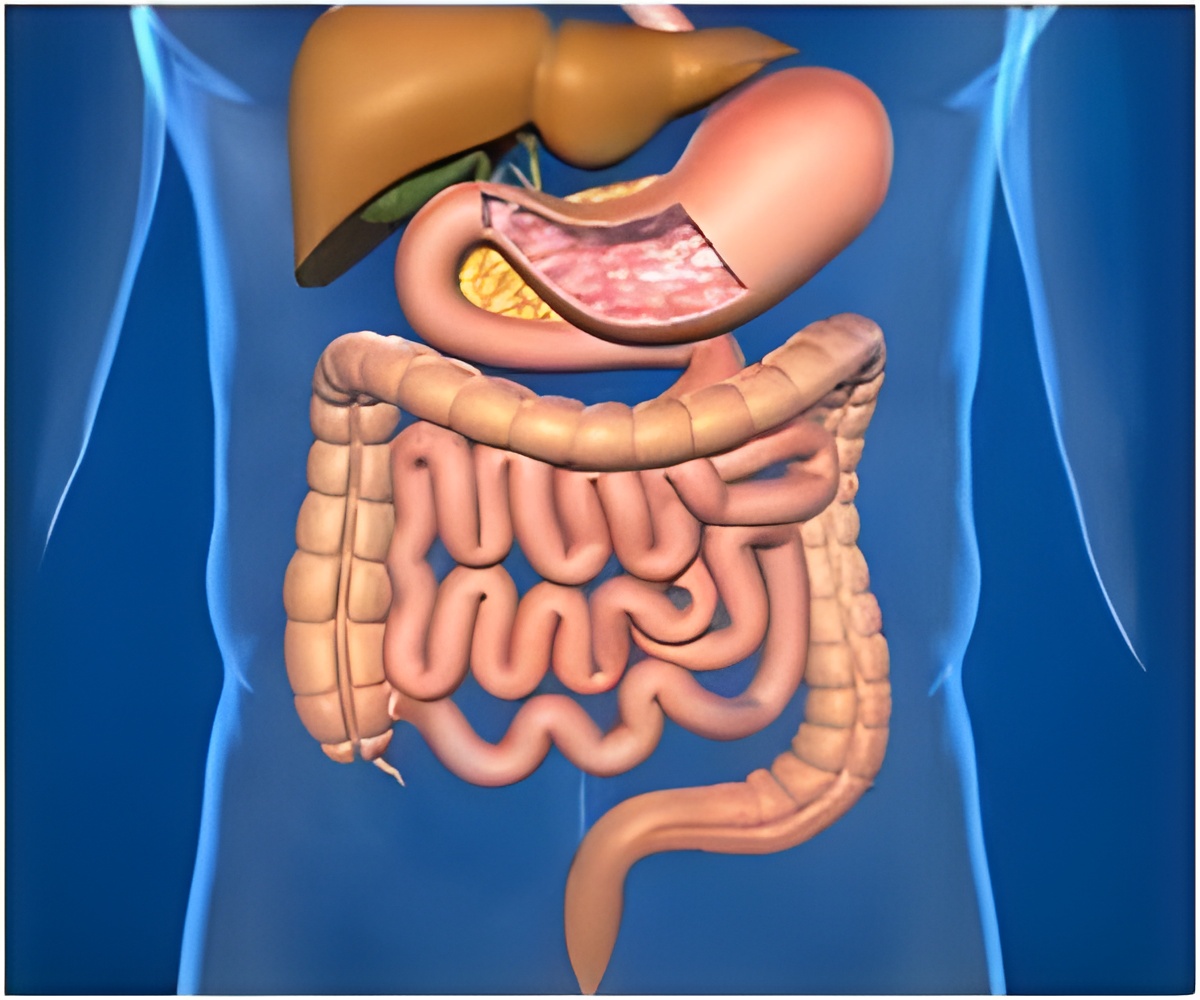Delaying treatment for children who are hospitalized for appendicitis for more than two days increases complications, and more rarely, death.

These children had an increased perforated appendicitis (22.6 percent compared to an 18.9 percent rate for children receiving more immediate treatment) and a 20-fold increase in mortality – 0.68 percent versus 0.03 percent. Mean hospital stays for the delayed treatment group were more than 10 days compared to 2.89 days; and total cost was $54,172 versus nearly $18,000 for children treated within two days of hospital admission.
"An in-hospital delay of two days was associated with a significant increase in complicated appendicitis requiring more extensive procedures," said Justin Lee, MD, lead author of the study. The increase in procedures included a 13-fold increase in drainage procedures, a 6-fold increase in cecectomies and 14-fold increase in hemicolectomies – both surgeries to remove a portion of a child's colon.
The risks are especially acute for children living with other diseases.
"Another very important finding is the higher incidences of co-morbid diseases in the delayed treatment group," said Dr. Lee. Children with acute lymphoblastic leukemia, acute myelogenous leukemia, neutropenia and ovarian cyst without torsion were more likely to receive treatment two days after hospitalization.
"These specific comorbid conditions may suggest that there is a high-risk group of patients who may present with more advanced stages of disease or missed diagnosis during hospitalization," Dr. Lee said. "Future systemic approaches to early identification of those at highest risk may decrease in-hospital delay, while also reducing economic burden of complicated appendicitis and surgical complications."
Advertisement









